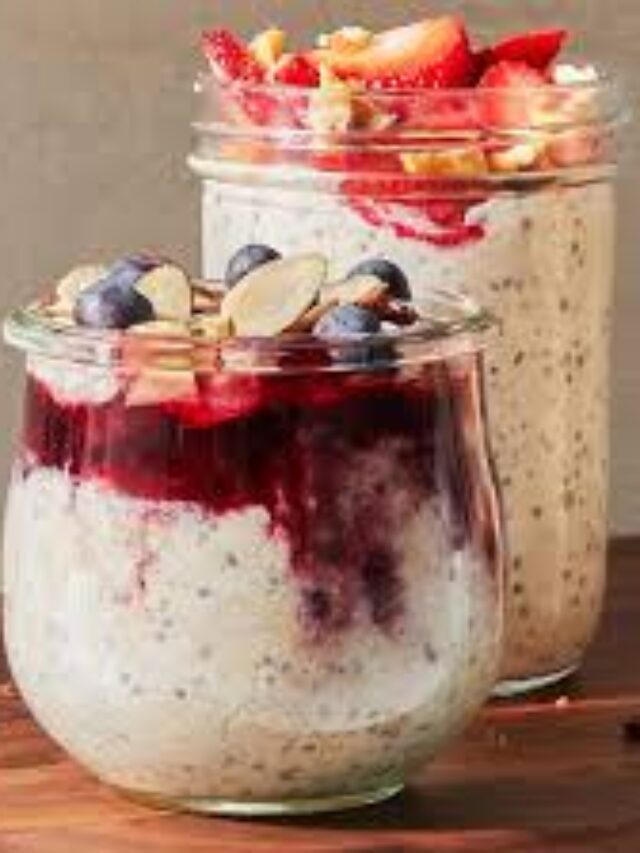The Role of Protein in Weight Loss: Understanding its Importance and Impact

Introduction to Protein and Weight Loss
Protein is an essential macronutrient that plays a crucial role in various physiological functions, including muscle growth, tissue repair, and hormone production. In recent years, protein has gained recognition for its potential role in supporting weight loss and improving body composition. Let’s explore the importance of protein in weight loss and how it can contribute to achieving your health and fitness goals.
Protein’s Impact on Appetite and Satiety
Increased Satiety
Protein-rich foods have been shown to increase feelings of fullness and satiety, leading to reduced calorie intake and improved appetite control. Compared to carbohydrates and fats, protein takes longer to digest, helping to prolong feelings of fullness and prevent overeating.
Regulation of Hunger Hormones
Consuming adequate protein can influence the secretion of hormones that regulate hunger and appetite, such as ghrelin and leptin. Higher protein intake has been associated with reduced levels of ghrelin, the hunger hormone, and increased levels of leptin, the satiety hormone, promoting greater feelings of satisfaction and reduced cravings.do i need protein for weight loss
Protein’s Role in Preserving Lean Muscle Mass
Muscle Preservation During Weight Loss
When following a calorie-restricted diet for weight loss, there is a risk of losing lean muscle mass along with fat tissue. However, adequate protein intake can help preserve muscle mass and promote fat loss, ensuring that weight loss efforts primarily target excess body fat rather than muscle tissue.
Maintenance of Metabolic Rate
Maintaining lean muscle mass is essential for sustaining a healthy metabolic rate, as muscle tissue requires more energy to maintain than fat tissue. By preserving muscle mass through adequate protein intake, you can support metabolic function and prevent declines in resting metabolic rate commonly observed during weight loss.
Practical Strategies for Increasing Protein Intake
Prioritize Protein-Rich Foods
Incorporate a variety of protein-rich foods into your meals and snacks, such as lean meats, poultry, fish, eggs, dairy products, legumes, tofu, and tempeh. Aim to include a source of protein in each meal to support satiety and muscle preservation throughout the day.
Opt for High-Quality Protein Sources
Choose high-quality protein sources that provide essential amino acids and nutrients without excess added sugars, sodium, or unhealthy fats. Select lean cuts of meat, low-fat dairy products, and plant-based protein sources to maximize nutritional benefits and minimize unnecessary calories.
Protein Supplementation
In some cases, protein supplementation may be beneficial for individuals struggling to meet their protein needs through whole foods alone. Protein powders, shakes, and bars can provide a convenient and portable source of protein to support weight loss goals, particularly for individuals with increased protein requirements or dietary restrictions.
Conclusion: Harnessing the Power of Protein for Weight Loss Success
Protein plays a vital role in supporting weight loss efforts by promoting feelings of fullness, preserving lean muscle mass, and supporting metabolic function. By prioritizing protein-rich foods, incorporating high-quality protein sources into your meals, and paying attention to your overall dietary patterns, you can harness the power of protein to achieve sustainable weight loss and improve your overall health and well-being.
If you want to read more information about how to boost traffic on your Website just visit









